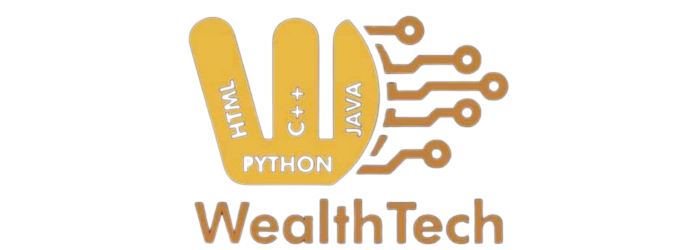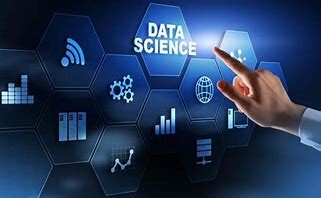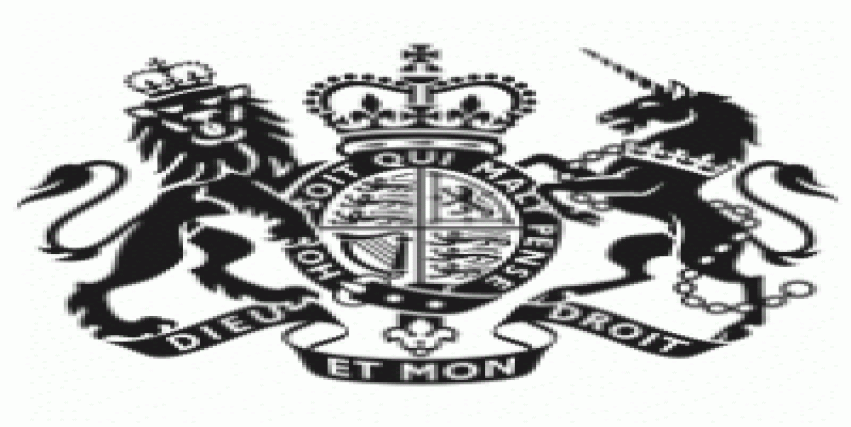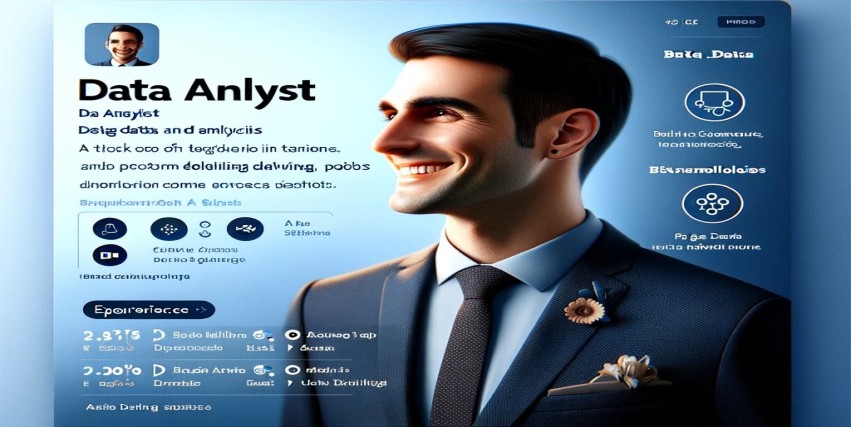Top 10 Data Science Conferences to Attend in 2025
As more and more countries adopt data-driven decision-making, the area of data science is advancing by leaps and bounds. Keeping up with development in this competitive sphere will rely on constant learning and networking, as well as exposure to the latest tools and techniques. For data professionals and aspirants, nothing serves better than a data science conference to share the same platform with industry heads, see innovations, and work on sharpening skills. Check out these top 10 2025 data science conferences you need to enroll in:
1. NeurIPS 2025 (Conference on Neural Information Processing Systems)
When: December 2025
NeurIPS is one of the most well-known conferences in artificial intelligence and machine learning for its significant presentations and workshops in research, as well as competitions. It is one of the must-see conferences for data scientists who want to know more about advanced topics in the field, such as neural networks, reinforcement learning, and generative AI.
2. KDD 2025 (Knowledge Discovery and Data Mining)
When: August 2025
KDD, short for Knowledge Discovery and Data Mining, is organized by the Association for Computing Machinery (ACM) and is themed on innovative applications and research in data mining, big data, and machine learning. The conference comprises tutorials, keynote speeches, and applied data science tracks for industry professionals.
3. Data and AI Summit Strata 2025
When: April 2025
This flagship O'Reilly event brings together diverse AI, data engineering, and data analytics leaders. Strata was made for professionals who need to utilize real-world artificial intelligence and big data solutions, focusing on enterprise use cases and emerging technologies, such as LLMs and cloud-based analytics.
4. PyData Global 2025
When: October 2025
The conference series on PyData is best for data scientists, analysts, and engineers who are fans of open-source tools. In addition to hands-on tutorials on popular libraries like Pandas and NumPy, advanced machine learning topics will be discussed, touch base with Python, and related technologies like scikit-learn.
5. Data Science Go 2025
When: September 2025
Focused on professional development, Data Science GO is tailored for data scientists at all levels. The conference includes workshops, resume clinics, and networking events to help attendees grow their careers while learning about industry trends.
6. The AI Summit 2025
When: June 2025
A blend of AI, machine learning, and data science, The AI Summit, in tandem, is meant for business leaders and technical professionals alike. Expect a mixture of enterprise-focused content, hands-on workshops, and networking opportunities.
7. Open Data Science Conference (ODSC) 2025
When: May 2025
It remains one of the largest data science practitioner conferences, focused mainly on practical training and courses on AI, machine learning, and data visualization, and it proves to be a very fine avenue for professionals' upskilling.
8. IEEE ICDM 2025 (International Conference on Data Mining)
When: November 2025
Organized and hosted by IEEE, this conference attracts researchers and forms the academic community in data mining. Members can expect in-depth theoretical advancement and updated data analysis and mining algorithms.
9. Gartner Data & Analytics Summit 2025
When: March 2025
This summit is for business professionals who have access to data-enabled strategic decisions. Gartner's session provides sources for data governance, analytics strategies, and the future of AI in operations within businesses.
10. Big Data LDN 2025
When: November 2025
Big Data LDN is among Europe's most important data and analytics conferences. It features exhibitors and expert speakers and is a great place to find solutions, tools, and technologies to modern data challenges.
In what ways can one benefit from attending the meetings on data science?
To learn: By acquiring everything fresh and happening.
To network: Expanding where one meets other like-minded individuals, recruiters, and mentors.
Collaboration: Learning about opportunities for partnerships for research work.
To upskill: Participate in workshops and technical sessions.
Conclusion
Whether a beginner in data science or an experienced individual, these events make it possible to keep pace with this rapidly changing field. So, mark your calendars and start preparing to make the most of such amazing opportunities.







